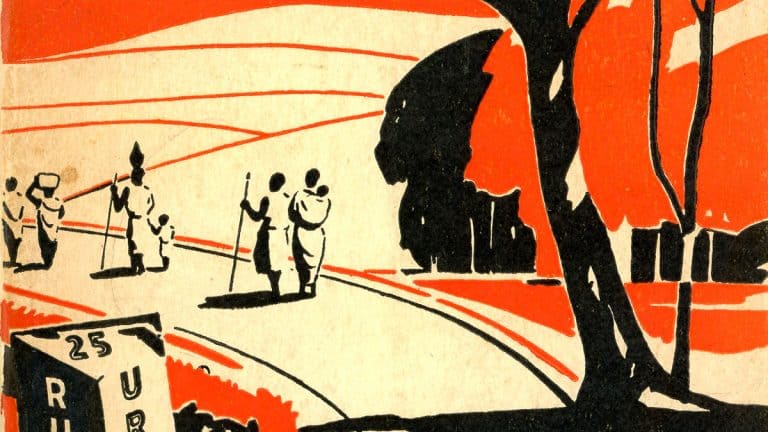Thomas Cook’s Mission Tour of South Africa
![Thomas Cook [1859-1912], My Mission Tour in South Africa. A Record of Interesting Travel and Pentecostal Blessing](https://missiology.org.uk/blog/wp-content/uploads/2016/12/mission-tour-in-south-africa_cook.png) This is Rev Thomas Cook’s own account of his mission tour of South Africa in the 1920s. My thanks to Redcliffe College for providing me with a copy of the book to scan. This title is in the Public Domain.
This is Rev Thomas Cook’s own account of his mission tour of South Africa in the 1920s. My thanks to Redcliffe College for providing me with a copy of the book to scan. This title is in the Public Domain.
Thomas Cook [1859-1912], My Mission Tour in South Africa. A Record of Interesting Travel and Pentecostal Blessing. London: Charles H. Kelly, 1893. Hbk. pp.154. View in PDF format [Download complete book in PDF]
Contents
- Port Elizabeth
- Kimberley
- Bloemfontein and Johannesburg
- Queenstown
- East London and King William’s Town
- Annshaw
- Grahamstown
- Chadock
- Natal
- Cape Town
- Results and Impressions
Chapter 1: Port Elizabeth
It had long been my opinion that it is possible to preach with saving power through an interpreter, where ignorance of the language compels the missionary to use one. This opinion deepened into a conviction after the experience I had in Norway in 1885, when, speaking through an interpreter, I conducted a mission with results such as would compare favourably with the majority of missions I have held at home, in places of the same size.
But these Norwegians had been previously instructed in the things of God, and were familiar with our doctrines and phraseology. Among the heathen it might be different; so I determined, if the way opened, to test my theory by visiting them.
Almost unexpectedly the opportunity came. In 1890 I received an invitation from the Quarterly Meeting of Grahamstown, South Africa, to proceed to that country and conduct evangelistic services in several of the most important towns, they undertaking all financial responsibility.
Both the District Meeting and the Conference endorsed the application, expressing also a strong desire that I should comply with the request; and the latter cordially commended the matter to the prayerful consideration of all the ministers and members of the Church. [Continue reading]

